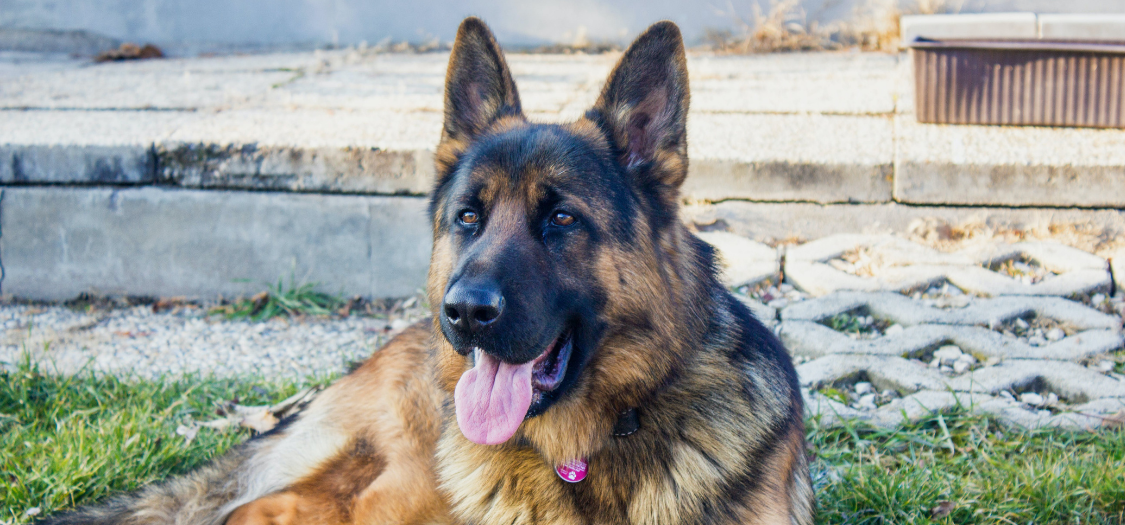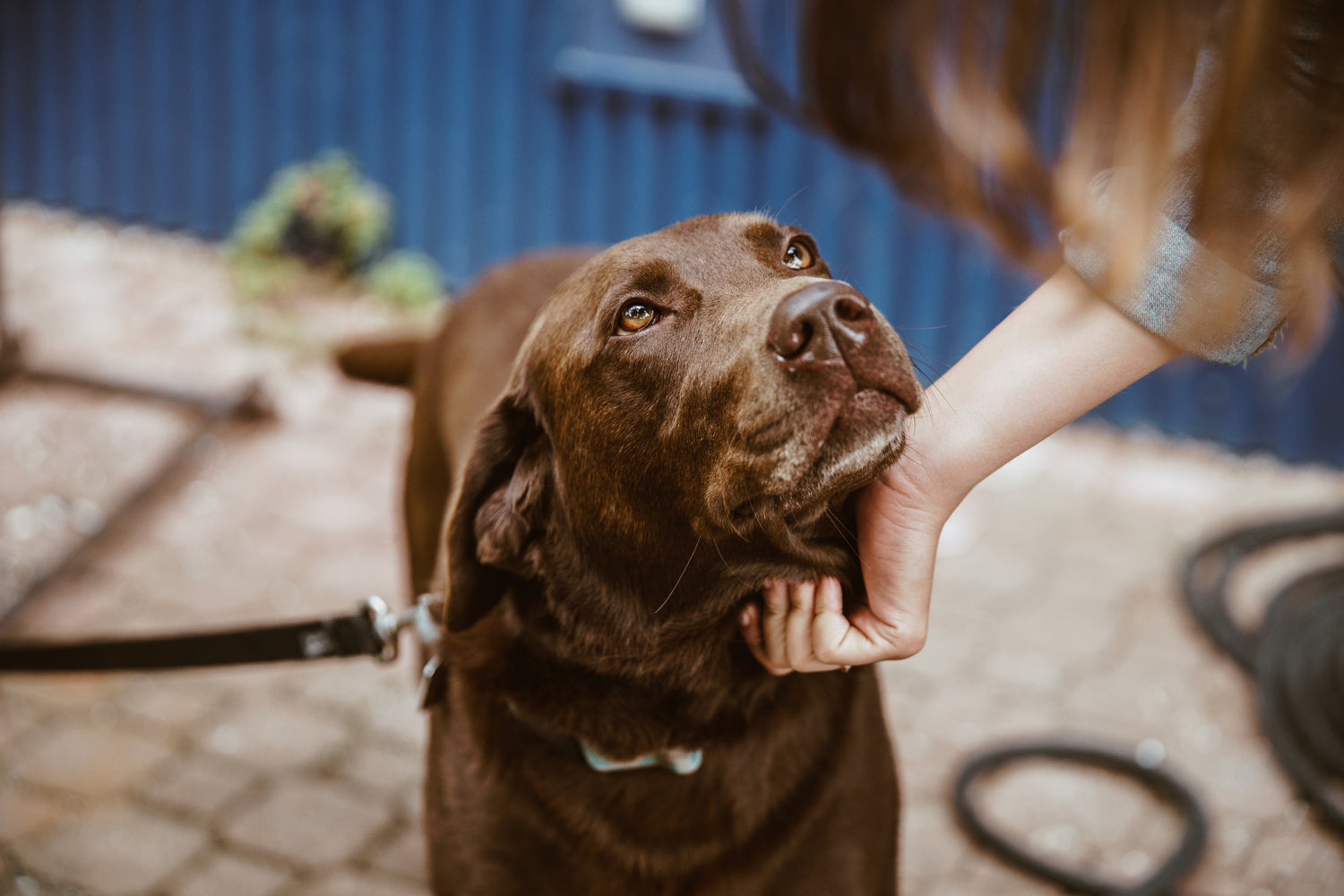My Dog has Degenerative Myelopathy
What Should I Do?

When your dog’s been diagnosed with Degenerative Myelopathy, their quality of life and well-being should be at the heart of every treatment decision you’re making. The progression of the disease is inevitable - everything is a question of ‘when, not if’. Treatment is, by definition, palliative.
With Degenerative Myelopathy, keeping your dog mobile for as long as possible is extremely important. Dog wheelchairs allow your dog to move around and go for walks, which will also help with their happiness and hygiene (wheelchairs are designed so your dog can urinate and defecate while in them, although dogs can’t squat in a wheelchair).
The advice is to get your dog used to a wheelchair before the disease has progressed to the stage where they actually need it - i.e the early to mid-stage of DM.
It’s a fallacy that if your dog’s in a wheelchair, it’ll make them lazy. The reality is, with a diagnosis of DM, a wheelchair is a crucial mobility tool.
There are four defined stages to the disease, and obviously the higher the stage, the more difficult your dog’s life becomes. The last stage of the disease can progress quite suddenly, and lead to you having to make difficult decisions on behalf of your dog.
Dr Alice Villalobos developed a Quality of Life Scale to help people track how their dog is doing if faced with a terminal illness. The 7 criteria she highlights are:
You can read more about it here
Read more about Degenerative Myelopathy - Causes, Prevention and How To Help https://zoomadog.co.uk/collections/degenerative-myelopathy
Read how a dog wheelchair can help your dog live an active life with Degenerative Myelopathy https://zoomadog.co.uk/collections/dog-wheelchairs

We can help find the right solution for your dog
Feel free to give us a call on 01730 622544
or email us at woof@zoomadog.co.uk